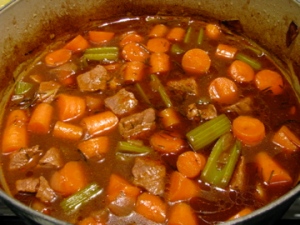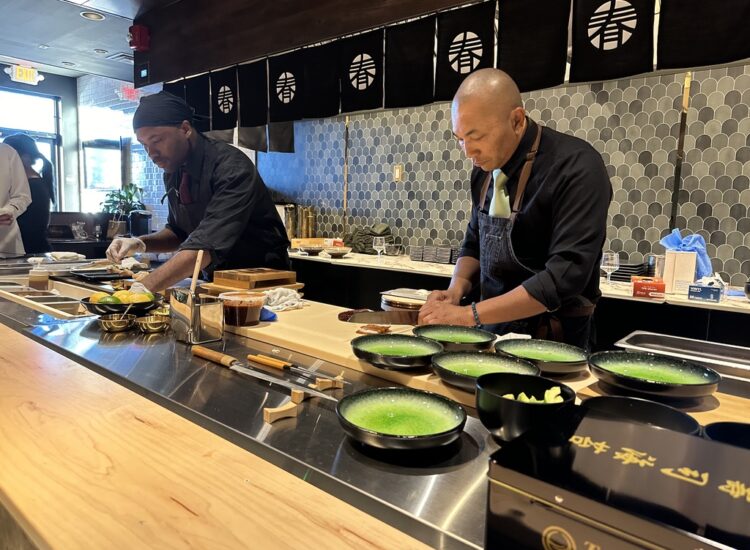It seems that there are lots of people in search of the perfect meal. I just listened to an NPR feature about Andy Hayler, who has eaten in all of the 3 star Michelin restaurants and blogs about his experiences.

I recently read two books by food writers in pursuit of culinary perfection: Jay Rayner’s ‘The man who ate the world’ and Tamasin Day-Lewis’s ‘What shall we have for dinner?’ Jay’s book takes us to a series of seven different global cities and we accompany him to some of the world’s finest restaurants as he tackles tasting menus, consumes copious quantities of caviar and ingests more sea foams than I could keep count of, all in search of gastronomic delight. Tamasin’s manifesto is less exacting and her plan less premeditated. She is looking for pleasure where she happens upon it and documents fortuitous finds and off the beaten track experiences. Both seek perfection but with different ground rules. Where Jay laps up tasting menus, Tamasin eschews them. For Jay Rayner, there is the underlying assumption that perfection will be found in a expensive and highly rated restaurant whilst, for Tamasin, perfection could just as well be a picnic in a field, “‘fast food’ that is really slow food”. Both books are very engaging, part travelogue, part review, part memoirs and full of anecdotes and I would happily offer my services as a lunch companion to either of them. Interestingly, as well as sharing a passion for food, both have famous parents and we learn a lot about their formative food experiences. This context is important and cannot be separated from their experience and perceptions.
Reading food books usually inspires envy. As I read, I develop food cravings and hunger pangs, I yearn to travel. At times reading ‘The man who ate the world’ though, I was saddened, that through excess one can become so blasé about eating in restaurants that to most people would be such a special occasion. And although at times I was sickened by the surfeit described it was not enough to curb my jealousy. I could however, relate to the disappointment that can come from expectations so high as to be crippling and the feeling that often the things we anticipate the most are the ones destined to disappoint. I guess it is like New Year’s Eve, when you rarely have as good a time as you feel you are expected to.
Jay Rayner discusses why we eat in restaurants and in particular why people go to really expensive restaurants. He gives us an insight into the people who frequent these über-pricey restaurants. Does cost equate to the best? Sometimes it seems, but not always. The experience is, of course, not just about the food or the ambience but also the company. When you think back to some of the best meals you have had, you may not actually be able to remember the details of what you ate, but you remember the feeling, the experience and that you enjoyed it.
I could not have asked for a better travel companion than Tamasin’ Day-Lewis’s book – wonderful food, travel, tempting recipes, a transatlantic love story, copious quantities of cheese and a sprinkling of celebrities. I didn’t want it to end. I was inspired on my return to make a variation on her carbonnade of beef: A hearty beef stew made with my friend Andy’s home made stout. Tamasin made it for her first ever dinner party, and I made it for my first dinner party of 2009. I think the profiteroles won’t be too far behind.




